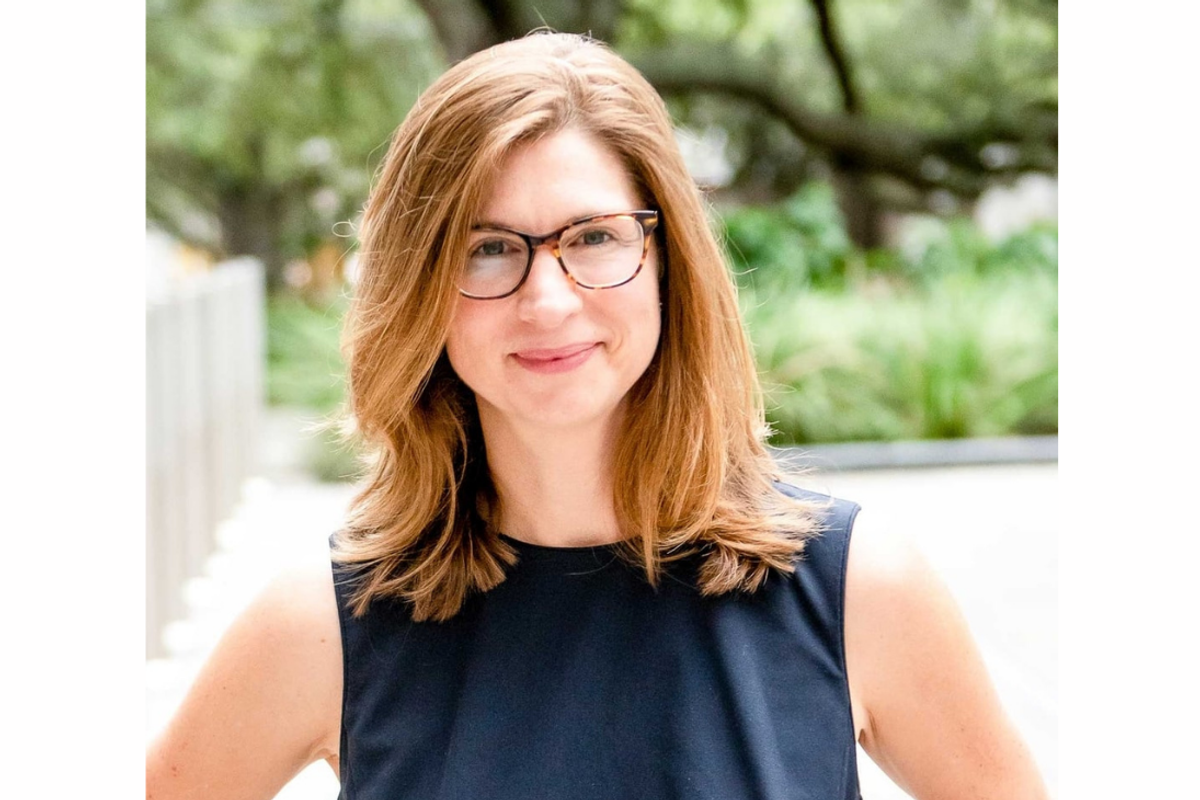Editor's note: Every week, I introduce you to a handful of Houston innovators to know recently making headlines with news of innovative technology, investment activity, and more. This week's batch includes three innovators across health care and energy.
Anwar Sadek, founder and CEO of Corrolytics

Anwar Sadek of Corrolytics joins the Houston Innovators Podcast to discuss his company's growth and move to Houston. Photo courtesy
Despite having success in taking his technology from lab to commercialization, Anwar Sadek made the strategic decision to move his company, Corrolytics, from where it was founded in Ohio to Houston.
"Houston is the energy capital of the world. For the technology we are developing, it is the most strategic move for us to be in this ecosystem and in this city where all the energy companies are, where all the investors in the energy space are — and things are moving really fast in Houston in terms of energy transition and developing the current infrastructure," Sadek, co-founder and CEO of Corrolytics, says on the Houston Innovators Podcast.
And as big as a move as it was, it was worth it, Sadek says.
"It's been only a year that we've been here, but we've made the most developments, the most outreach to clients in this one last year." Continue reading.
Angela Holmes, CEO of OmniScience
 Angela Holmes is the CEO of OmniScience. Photo via omniscience.com
Angela Holmes is the CEO of OmniScience. Photo via omniscience.comHouston data science firm OmniScience announced this month that it has partnered with Florida-based INmune Bio (NASDAQ: INMB) on a global Phase 2 Alzheimer’s disease clinical trial.
The trial, known as ADO2, will utilize OmniScience's recently developed product, Vivo, which uses generative AI to centralize and analyze clinical trial data in real time, according to a release. The two companies also partnered during Vivo’s development and recent roll-out.
"OmniScience and INmune Bio share a vision to transform how clinical trial teams engage with data – transforming data into knowledge in real time and informing decisions that increase the probability of success,” Angela Holmes, CEO of OmniScience, says in a statement. “As our partnership moves forward, we’re gaining further insights from the INmune team that we can integrate into Vivo’s roadmap. We look forward to our continued mutual success.” Continue reading.
Eduardo Fonseca, interim CEO of EndoQuest Robotics

EndoQuest Robotics secured an Investigational Device Exemption from the FDA for its clinical study. Photo via LinkedIn
A Houston surgical robotics company has gotten a Investigational Device Exemption from the FDA to go forward with human trials.
This news allows EndoQuest Robotics to begin its Prospective Assessment of a Robotic-Assisted Device in Gastrointestinal Medicine (PARADIGM) study, which will be conducted at leading United States health care facilities, including Brigham and Women’s Hospital (Boston), Mayo Clinic (Scottsdale), Cleveland Clinic (Cleveland), AdventHealth (Orlando), and HCA Healthcare (Houston). The study will include surgeries on 50 subjects, who will hopefully begin to enroll in January.
“The foundational thesis is we're trying to make sure that the world's largest medical center is also the world's largest med tech innovation center,” Eduardo Fonseca, interim CEO of EndoQuest Robotics, tells InnovationMap. Continue reading.



 Angela Holmes is the CEO of OmniScience. Photo via mercuryds.com
Angela Holmes is the CEO of OmniScience. Photo via mercuryds.com